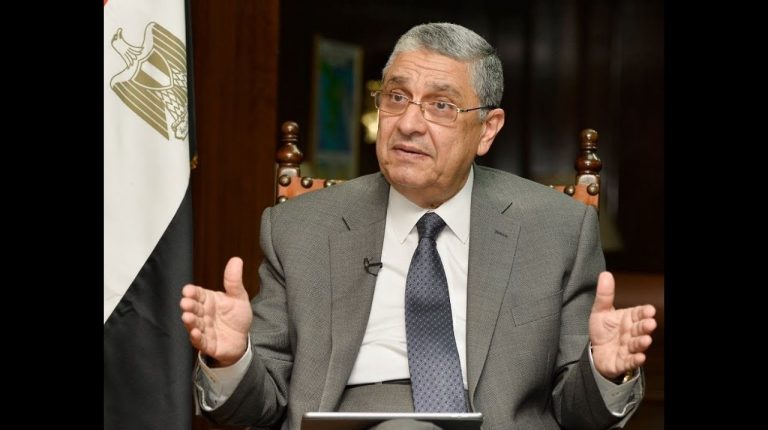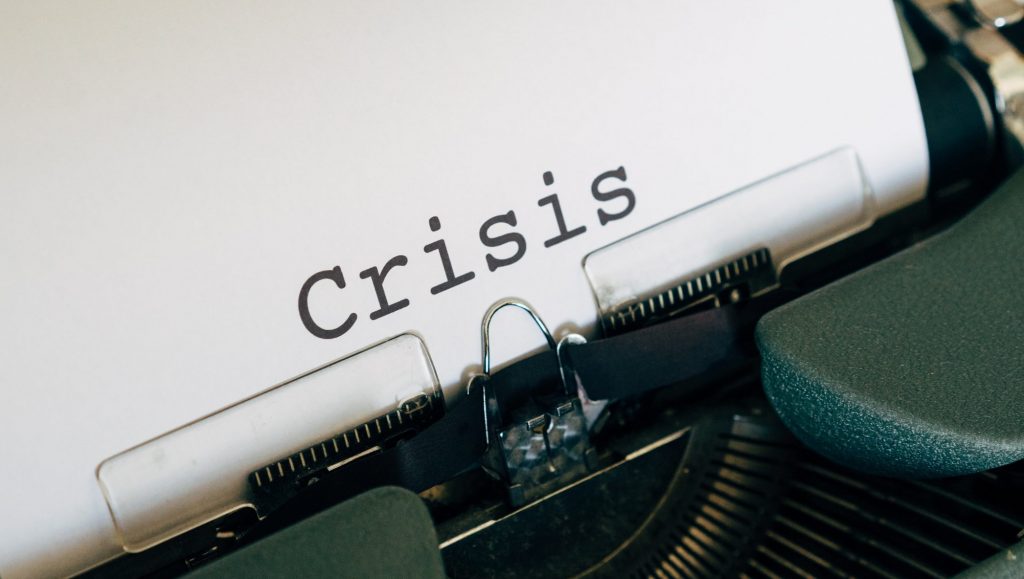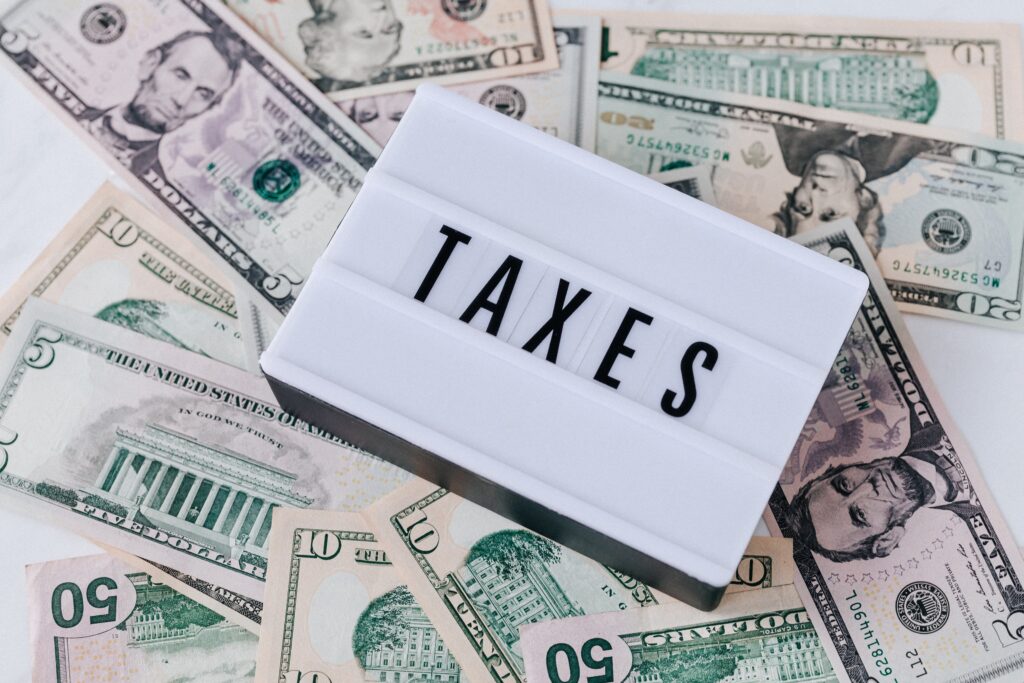Egypt posted its highest growth rate of 6.6% in 14 years, with $11.4 billion in foreign direct investment (FDI) for Fiscal Year 2021/22, and a relatively stable unemployment rate of 7.2%, Egypt’s Minister of Planning and Economic Development, Hala El Said, said during an event hosted by the American Chamber of Commerce in Egypt on September 25.
The panel titled, Egypt’s Economic Development Efforts Amidst Global Uncertainties: Partnerships with the Private Sector,” discussed Egypt’s economic outlook as the world reels from the negative repercussions of pressuring economic factors such as the Russia-Ukraine war, the effects of the COVID-19 pandemic, limitations in international supply chains, and rising global inflationary pressures.
El Said was blunt, yet optimistic regarding Egypt’s challenges ahead. The minister touched on the lingering threat of stagflation, given the sluggish and declining gross domestic product (GDP) growth forecasts, in addition to rising inflation worldwide.
Debt-to-GDP levels worldwide saw a whopping 350% increase as global unemployment ballooned to 228 million, with 75 million more plunged below the poverty line as a result, the minister said.
Reform plan
Egypt’s structural reform plan, which commenced in 2016, comprises four key areas as they relate to the domestic economy: resilience, production, reforms and employment, El Said said in her speech. This agenda targets vital industries, namely ICT, manufacturing, agriculture, education and healthcare.
El Said framed Egypt’s population issue as a “gift” to be taken advantage of rather than one to be viewed exclusively as burdensome on the economy. She highlighted the promotion of family planning initiatives to combat overpopulation, as well as the concerted efforts to obtain accreditation for a variety of technical schools across the nation as a long-term boon for the Egyptian labor market. El Said also mentioned that investing in Egypt’s human capital is a crucial consideration, through developing training programs arranged in collaboration with leading international educational institutes.
“A big part of the national reform agenda is not only economic, but it is also to enhance social protection,” she said. Some EGP 50 billion are budgeted to finance initiatives in healthcare, infrastructure, employment, and family planning to serve Egypt’s rural communities. These are “unprecedented in terms of its investment, scope and services,” she said.
El Said also touched upon Egypt’s transition to a green economy in anticipation of hosting COP27 in Sharm El Sheikh, with an ambitious yet achievable target of 40% green projects in the current FY investment plan, slated to be at 50% for next FY. This transition is spearheaded by projects on monorails, solar parks, NGVs, and water treatment facilities, she explained.
Private sector
Egypt has embarked on a comprehensive agenda to upgrade its domestic infrastructure from transportation to electricity, with the help of private sector players. The role of the private sector in Egypt is already “substantial,” according to El Said, at a contribution of 72% to GDP. “With over 20.5 million people employed in the private sector in 2020, this role must be further improved,” she stated. Boosting private-public partnerships is key for Egypt to further grow its projects. “This is the most significant policy change that needed to be made,” she said.
El Said also lauded the establishment in 2018 of the Sovereign Fund of Egypt (SFE), which although severely impacted by the pandemic, will seek to optimize the use of underutilized assets to create wealth for future generations and turn unique opportunities into lucrative investment products. The SFE focuses on five investment spheres; infrastructure (transportation, energy, urban renovation and green projects), IPOs, fintech, healthcare and antiquities.
Highlighting the indispensability of the private sector’s role, not just domestically, but from foreign players as well, El Said used the encouraging example of revamping Egypt’s antiquated railway system, which is looking to produce its first locally made railway cars by 2024, in partnership with South Korean consultancy. “When you localize industries, you need to transfer technologies,” she concluded.







